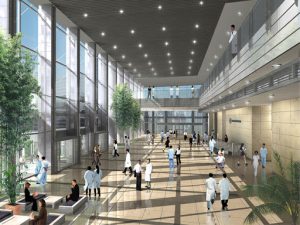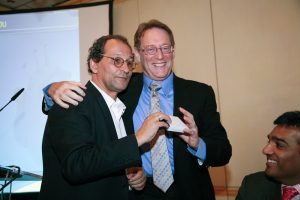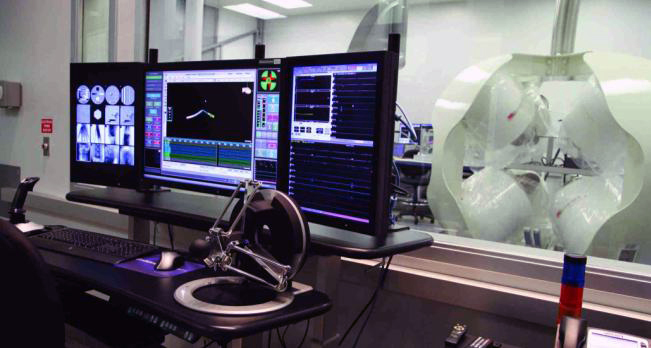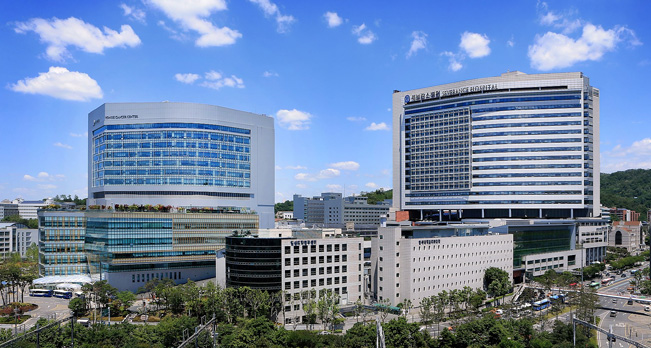A CGCI suite has been installed at the Yonsei University Severance Hospital in Seoul, South Korea. This installation represents the first such in the Asia market.
Clinical trials will be conducted at the hospital using CGCI for mapping and ablation procedures performed for patients who have an arrhythmia. These clinical trials will be utilized for regulatory submission of the robotic CGCI system to the Korea Food and Drug Administration.

Yonsei University Hospital, Installation Site for the Magnetecs CGCI System
Yonsei University in Seoul, South Korea, is a leading institution of higher education and research in Asia. The oldest private university in Korea, Yonsei University was established in 1885 with the mission is to educate leaders who will contribute to humanity in the spirit of “truth and freedom.” The university has 22 colleges,18 graduate schools, and 133 subsidiary institutions hosting approximately 30,000 students from Korea and around the world.

Yonsei is home to more than 30,000 students.
This study is a follow-on to the study conducted at the Hospital Universitario La Paz in Madrid, Spain, where the first phase of human clinical trials for patients with arrhythmia has been completed. In this study, a highly detailed map of the heart was created using the CGCI system. The primary outcome of that study measured intracardiac anatomic site target acquisition and repetition of acquisition.
In Europe, the Company a definitive agreement to install its CGCI system at Na Homolce Hospital in Prague, Czech Republic is being completed. Additional installation sites are being looked at in the U.S., U.K., Canada, Italy, Israel, and Scandinavia.

Josh Shachar and Dr. Eli Gang celebrate installation.
“Along with our partners at La Paz University Hospital in Madrid, Yonsei University will be established as an early leader in the development of robotic procedures in the field of electrophysiology using our advanced technology for electromagnetic catheter guidance and control,” said Josh Shachar, CIO of Neuro-Kinesis. “These cornerstone installations are expected to continue proving the efficacy, safety, and operational efficiency of CGCI.”
“In addition to the research we are conducting at La Paz University Hospital and now planning at Yonsei University, we are developing protocols to conduct extensive clinical trials at several additional locations in the United States, Canada, and Europe,” added Dr. Eli Gang, M.D., Chief Operating Officer at Neuro-Kinesis, Clinical Professor of Medicine at the UCLA Medical School, and Director of the Clinical Electrophysiology Laboratory at Brotman Hospital in Los Angeles. “As the number of CGCI installations sites expand in accordance with our global regulatory strategy, we look forward to the commercialization of the robotic CGCI system so this technology can reach arrhythmia patients around the world,” concluded Dr. Gang.

CGCI Console and System

